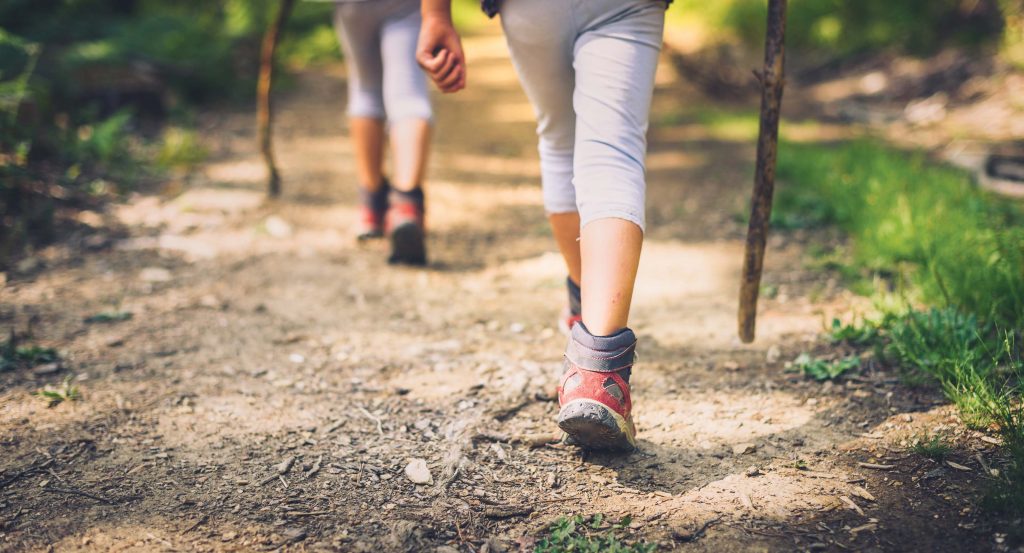
As summer winds down and fall begins, outdoor activities such as swimming, camping and hiking are rewarding ways to connect with nature before the chill of winter sets in. However, a few common-sense precautions can help to ensure a safe, fun excursion.
When planning your outdoor trip, make certain you know the area and weather forecast. Plan to go with at least one other person. Share your itinerary and list of any equipment you’re bring as well as the make, year and license plate number of your car to someone you trust. Find out the location of the nearest hospital and also the nearest ranger station and phone, as cell phone coverage is not always available.
Take an American Red Cross Basic First Aid course so you can deal with common mishaps. The American Red Cross offers a Wilderness and Remote First Aid course, designed to teach folks how to respond to emergencies — such as animal bite wounds, broken bones, plant poisoning, lightning strikes, and hypothermia — when help is more than one hour away. Make sure everyone in your group is physically able to handle the trip. If you have a medical condition, get the approval of your doctor beforehand and pack extra supplies of any required medications.
Make an emergency checklist of necessary items for each potential situation and include them accordingly. Although an overnight trip may not be planned, pack as though it were, with extra clothes, food, water, blankets, flashlights, waterproof matches and a whistle.
At the top of any emergency checklist should be a first aid kit. While available in a variety of sizes and prices, you may wish to assemble on at home so you can tailor it to your specific needs. Remember to pack all items in a waterproof container. Below are lists of essential and optional materials to include:
Essential: First aid manual, bandages, gauze, medical tape, knife, tweezers, scissors, pain reliever, antiseptic, antibiotic ointment, antacid, burn ointment, insect repellent, sunscreen, mirror, plastic gloves, pen/pencil, and notepad.
Optional: Ace bandage; anti-allergy, anti-itch, anti-diarrhea medicine; children’s medications; thermometer; ice pack; irrigation syringe; sling; splint; snake-bite kit; bee-sting kit; and saline solution.
These tips offer a good start to a safer outdoor adventure and may make the difference between a great trip and a potential disaster.
Top ways to boost outdoor efficiency
Could your garage, shed, barn or other building use an energy efficiency boost? Try these tips to save energy and money:
- The same rules apply for outdoor buildings as houses: add insulation, install energy-efficient windows and seal ductwork.
- Unplug power tools and battery chargers at the end of the season.
- Install an insulated door and seal the sides and bottom to reduce air leaks.
- Install motion sensors on outdoor lights.
- Look into LED retrofit kits for outdoor security lights. They cost more upfront, but payback is five to 10 years, and LEDs can last up to 20 years.



